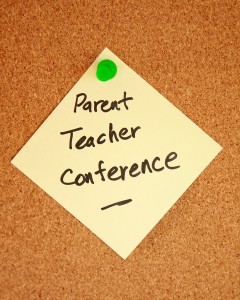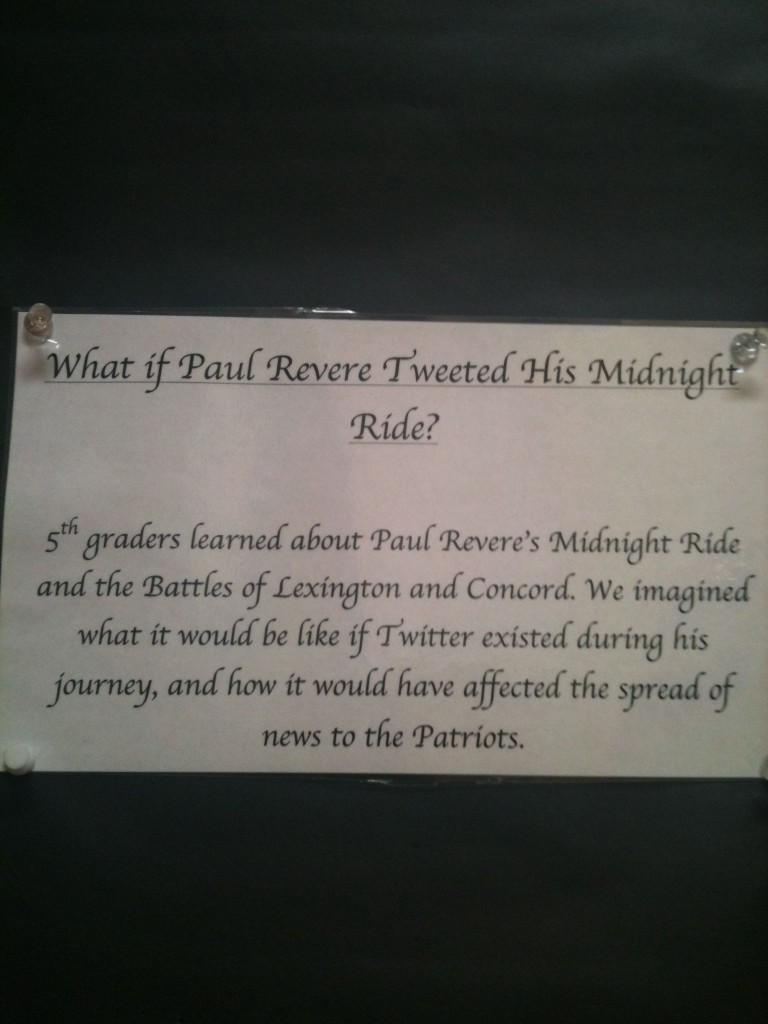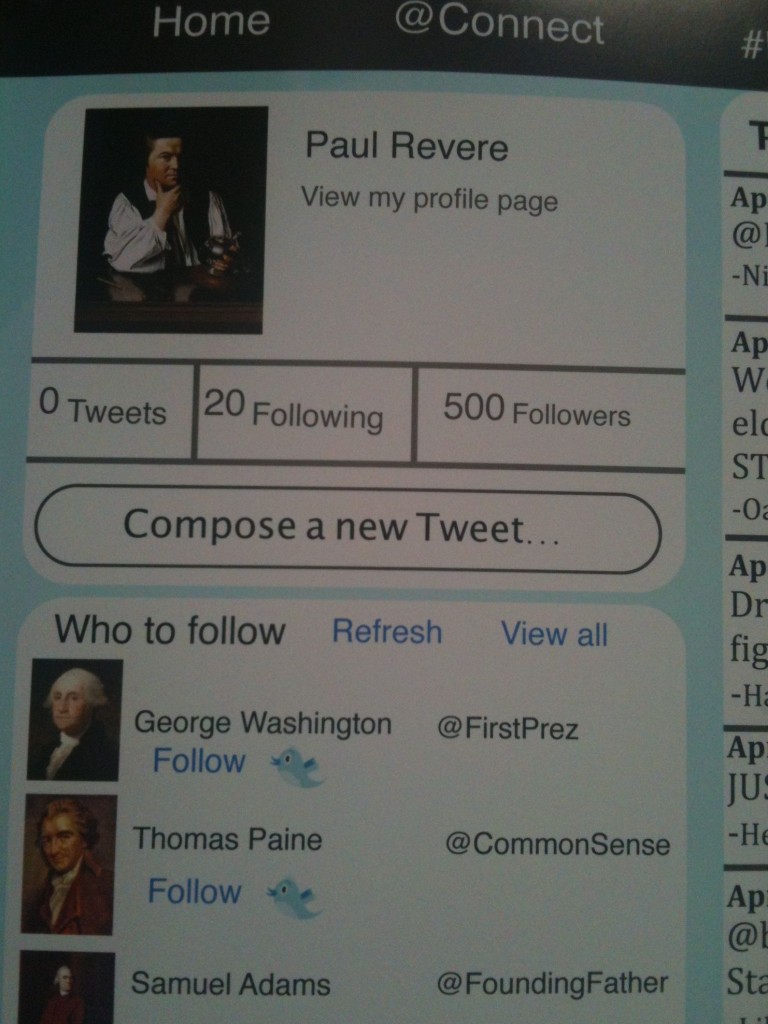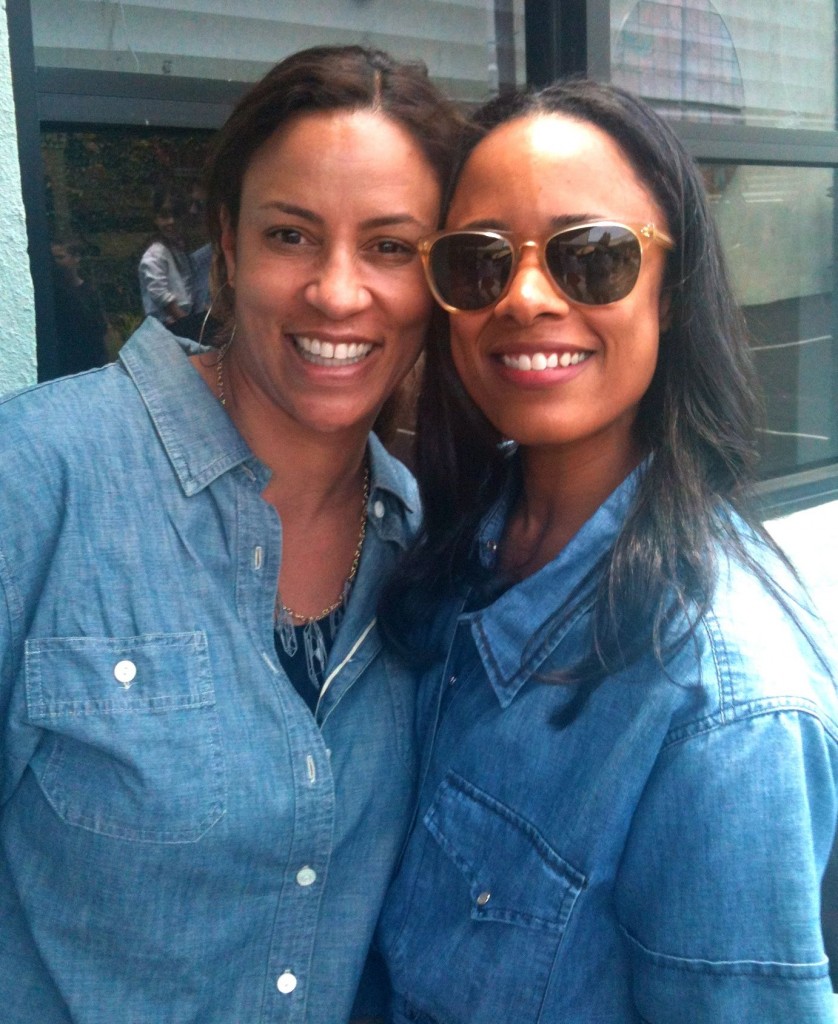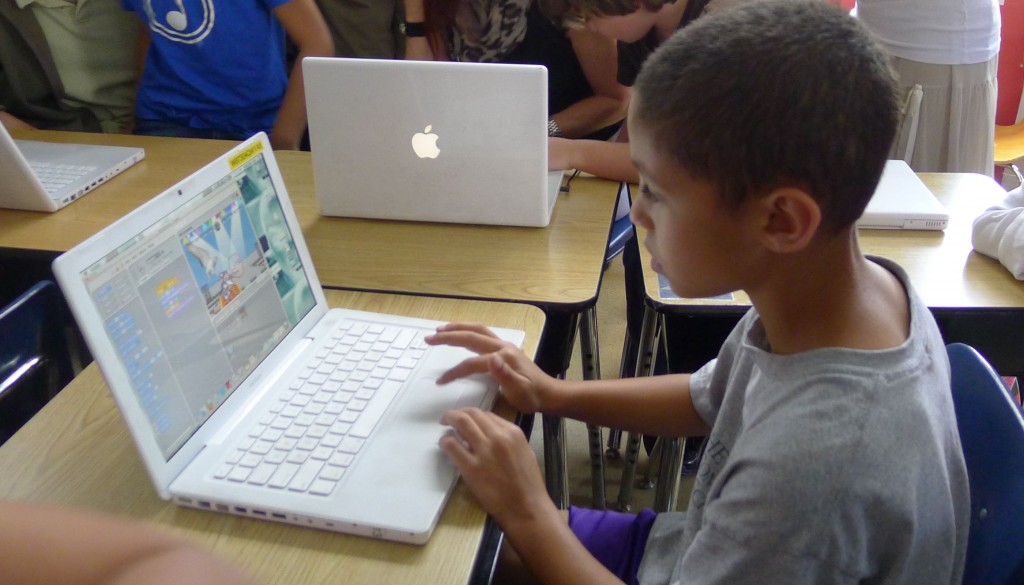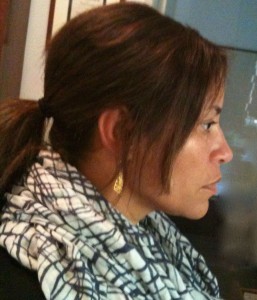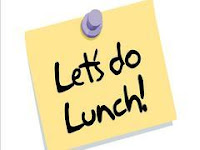
There is a common narrative that says moving from a progressive to a traditional school could mean your kid might be unprepared or even fall behind. I’ve never believed that sentiment, mainly because successful students come from all kinds of schools. I hope my kids’ experience helps further dispel that notion. Not surprisingly, some parents wonder (and often worry) about what the transition from a developmental/progressive to a traditional school will be like for their kid. I’ll admit, I was concerned too, but I tend to worry about everything, so this isn’t anything new. Will this change be smooth, with few adjustments needed to deal with different educational philosophies? Or, will the transition between different types of schools require tutoring, lots of hours studying and stress for their kid? Will programs align or will there be a big gap between the schools?
Coming from a progressive/developmental elementary school, my kids entered their new traditional school with valuable skills and strengths. The approach to learning acquired during their early education is intrinsically part of who they are. Yet, crossing over to a new type of school meant they had to quickly learn new skills in areas that were unfamiliar to them.
After seven years at The Willows, we realized it was time for our kids to make a change. By nature they are structured, competitive and self-motivated. This signaled to us that it was time to look at traditional schools.
Below, I’ve listed some of the most/least challenging aspects of the progressive-to-traditional school transition for my kids.
Here’s what has been the MOST challenging for my kids:
1. Standardized tests. Generally speaking, progressive schools place less emphasis on the value of standardized tests than their traditional counterparts. Therefore, very little time is spent preparing kids for these tests. In progressive schools, classroom work isn’t geared to generating high standardized test scores and the way material is taught differs from the way it appears on standardized tests. During the 4th grade ERBs (mandated for all Independent Schools) at Willows, my daughter got strep throat and missed 4 out of the 5 test days. We asked for a make-up test date and were told there wasn’t going to be an opportunity to make up the test. Let’s just say that response didn’t go over well with my husband who pushed for a make-up test, which was administered for my daughter (it was optional for other kids). The concept, Teach To The Test isn’t found in progressive schools, while there are some traditional L.A. private elementary schools that spend substantial time getting kids ready for standardized tests. Test-preparation was money well spent to prepare my daughter for the ISEE (middle school entrance exam).
2. Learning how to take a traditional test. Traditional schools give tests using multiple- choice questions. Sometimes, there are essay and multiple choice portions, but rarely are there tests that only have an essay question. The way progressive and traditional schools test similar material (a book, for example) will be very different. For my kids, this required learning a new study skill. Multiple choice tests with answer choices that are very similar are common at traditional schools. This requires reading and studying with a focus on small details of a story, a poem or a chapter. Scantron tests were also new to my kids.
3. An increase in the amount of homework, tests and quizzes. At a developmental/progressive school, students are given more project-oriented work that requires research, collaboration, planning and writing. In a traditional school, especially in middle school, there is homework in every class and several tests and/or quizzes each week. Tests and quizzes were less frequent at our developmental/progressive school and the homework was much lighter. The first time my son heard the term “pop test” was this year. My daughter had to adjust to a heavy volume of tests and homework, a big jump from the previous year.
Here’s what has been the LEAST challenging for my kids:
1. Organizational skills. My kids benefitted tremendously from their developmental/progressive school’s big, bold projects, which required extensive planning, organization and attention to a timeline/schedule. Staying organized, knowing what comes next and turning in assignments on time has been seamless for both my kids.
2. Working in groups. At the core of a developmental/progressive school is the belief that the sharing of ideas and working with each other is essential to learning. Collaborating with other kids, sharing and expressing thoughts, listening to others’ opinions respectfully are concepts my kids understand. There is a lot less group work at a traditional school, but my kids have leadership skills that have been recognized—and called upon—by their peers.
3. Critical thinking. My kids both developed excellent critical thinking skills at their former school. The ability to ask thoughtful questions both in class–and after class– is also something they learned because it was encouraged. Asking questions and questioning the teacher (appropriately…think debate style) are essential skills progressive schools can teach kids.
Ultimately, your kid’s personality and other factors, along with your own preferences, will help determine the type of school that’s right for him/her. For my kids, a progressive elementary school worked well, but as the kids got older we knew we wanted a more traditional secondary school, one that aligned more closely with their interests and goals. I’m grateful my kids will have the benefit of both progressive and traditional private schools.
Let’s be social! Like Beyond The Brochure on Facebook or Follow us on Twitter. Are you more the email type? Get our posts in your in box by subscribing (enter your email in the “subscribe” box on the right sidebar of the blog. Or, buy the Second Edition of our book at Amazon.com or your local bookstores!
